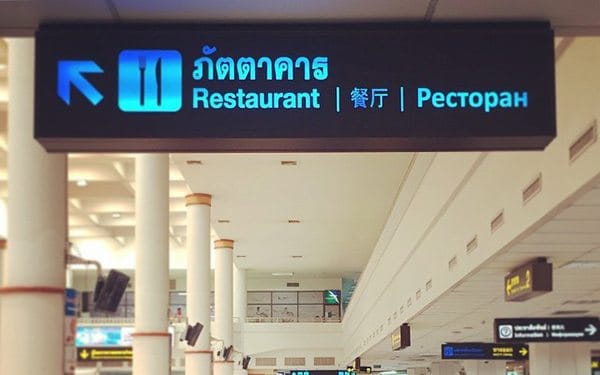A couple of years ago, Thailand was the toast of Russia, with many rouble-wielding tourists choosing it as their holiday destination of choice, particularly in the hot spots of Phuket and Pattaya.
The Russian influence was so well established that the remnants of those days can still be seen: Russian script is brandished across many a bar, roadside cafe and airport signage, while the working girls of Pattaya are said to know a handful of helpful Russian phrases to best get to know their Soviet patrons.
But then the rouble crashed in 2014 and tourism numbers to Thailand dropped considerably.
From 1.7 million inbound Russian tourists in 2013, the number dropped to 1.6 million the year after and a paltry 884,058 last year.
Pattaya was the most obviously hit, with its property market stalling and the replacement of the Russian tourist contingent with literal busloads of Chinese families.
But they’re not staying down for long.
Recovering oil prices have meant that the rouble is strengthening once more and that the Russians are returning to Thailand. According to the Bangkok Post, the Tourism Authority of Thailand (TAT) have predicted a 13 percent increase in visitors to 1 million arrivals this year.
“I think the Russian tourist market has already bottomed out,” said Tanes Petsuwan, the TAT executive director for Europe, Africa and the Middle East.
“Growth from now on may not be as sharp as it was in the past. We are likely to see a U shape from the growth of the Russian market.”
Momentum from Russian tourists is clearly in situ once again; numbers rose in February and again in March, and is expected to continue through 2016.
While their numbers may not be at the level they were prior to the rouble collapse, data suggests that they are spending more money in the Kingdom – an average of ฿4,500 baht a day, up from ฿3,800 in 2013. The TAT believes this uptick in spending indicates a shift towards more valuable Russian visitors, who choose to stay at villas and luxury hotels and spend their time in spas and dining and drinking establishments.
While Phuket is still a popular destination for Russian tourists, the less traditionally tourist-heavy spots of Krabi and Khao Lak are also proving more popular with this returning demographic too.
Featured image is of Phuket airport and is by Li Tsin Soon (used under Creative Commons licence)


